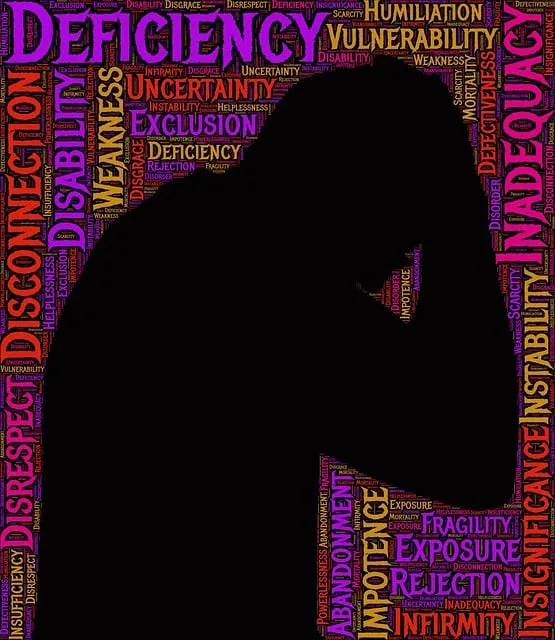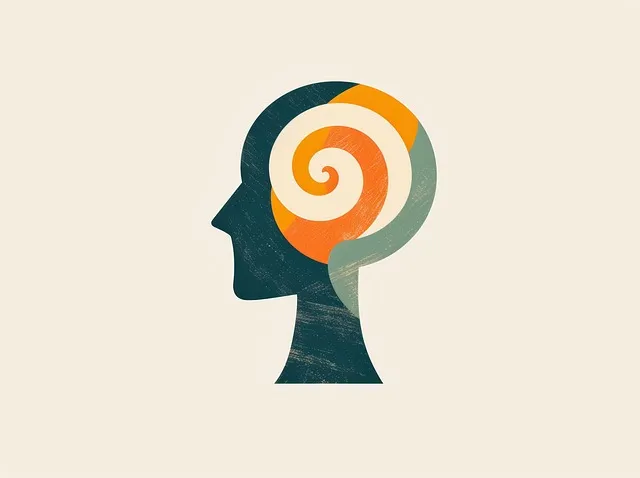Media portrayals of mental illness significantly impact public perceptions, often perpetuating harmful stereotypes that discourage help-seeking and negatively affect attitudes towards mental healthcare. To combat this, organizations like Kaiser Boulder take a proactive approach by challenging negative stereotypes through resources, guidance on mental wellness journaling, and accessible online platforms offering trauma support services. They also educate individuals on how to access mental health services through Kaiser Boulder, promoting nuanced and realistic media representations that foster empathy, open dialogue, and help-seeking behaviors. Ultimately, this creates a supportive environment where people feel comfortable accessing the care they need for improved well-being.
In today’s media landscape, the representation of mental illness plays a pivotal role in shaping societal perceptions. This article explores the profound impact of media portrayals on mental health attitudes and offers solutions to challenge stigmatization. We delve into successful initiatives, such as Kaiser Boulder’s approach, promoting accurate mental illness representation. Furthermore, it highlights critical strategies to enhance access to mental health services, emphasizing the collective responsibility to destigmatize and support those seeking help, including exploring resources like Kaiser Boulder’s offerings for effective guidance.
- Understanding the Impact of Media Portrayals on Mental Health Perceptions
- Kaiser Boulder's Approach to Promoting Accurate Mental Illness Representation
- Strategies for Improving Access to Mental Health Services: A Call to Action
Understanding the Impact of Media Portrayals on Mental Health Perceptions

Media portrayals of mental illness can significantly shape public perceptions and understanding of various conditions. Unfortunately, many traditional media representations have perpetuated harmful stereotypes, leading to stigmatization and misconceptions. These depictions often oversimplify complex disorders, which can hinder individuals from seeking help and negatively impact how society approaches mental health care.
For instance, the portrayal of individuals with severe psychiatric illnesses as violent or dangerous in films and television shows contributes to a fear-based attitude towards mental illness. In contrast, accurately reflecting the diverse experiences of people living with mental health challenges—including their resilience and daily struggles—can foster empathy and encourage support. By promoting more nuanced and realistic media representations, we can create an environment where individuals are encouraged to talk openly about their experiences and feel empowered to seek appropriate mental health services, such as those available through Kaiser Boulder, to manage stress, prevent burnout, and boost confidence in managing their well-being.
Kaiser Boulder's Approach to Promoting Accurate Mental Illness Representation

Kaiser Boulder takes a proactive approach to promoting accurate mental illness representation in media. They understand that the way mental health is depicted in popular culture significantly influences societal perceptions and attitudes. To challenge negative stereotypes, Kaiser Boulder provides resources and guidance on mental wellness journaling exercises, encouraging individuals to share their personal experiences and promote understanding. This initiative fosters an environment of mental health awareness, ensuring that stories told through media accurately reflect the diversity of mental illness and available support services.
By integrating Trauma Support Services into their strategy, Kaiser Boulder ensures comprehensive care for individuals affected by trauma-related mental health conditions. They recognize that media representation plays a crucial role in destigmatizing trauma and encouraging those in need to seek help. Through accessible online platforms, they offer valuable insights and tips on navigating mental health challenges, making it easier for folks to understand their experiences and know how to get mental health services, such as those available through Kaiser Boulder itself.
Strategies for Improving Access to Mental Health Services: A Call to Action

Access to mental health services is a critical component of overall well-being, and it’s essential to ensure that individuals facing challenges have easily navigable paths to support. In the context of mental illness representation in media, we must translate these narratives into actionable steps for real-world improvement. One effective strategy involves promoting communities that foster emotional intelligence, enabling individuals to recognize and manage their moods more effectively.
By increasing awareness about available resources, such as those offered by Kaiser Boulder, and integrating mood management techniques into mainstream conversations, we can encourage help-seeking behaviors. Additionally, emphasizing the importance of resilience building empowers individuals to navigate mental health struggles with greater adaptability and strength. This collective effort can lead to a more supportive environment where people feel comfortable seeking assistance and receiving the care they need.
Media portrayal plays a pivotal role in shaping public understanding of mental illness. By adopting evidence-based strategies, such as those exemplified by Kaiser Boulder, we can challenge negative stereotypes and promote accurate representation. Accessing mental health services should be streamlined, and this begins with educating the public and dismantling barriers through collaborative efforts. By implementing the strategies outlined above, including improving media depiction and enhancing service availability, we can create a more inclusive and supportive environment for individuals seeking mental health care, ultimately fostering better overall well-being.






